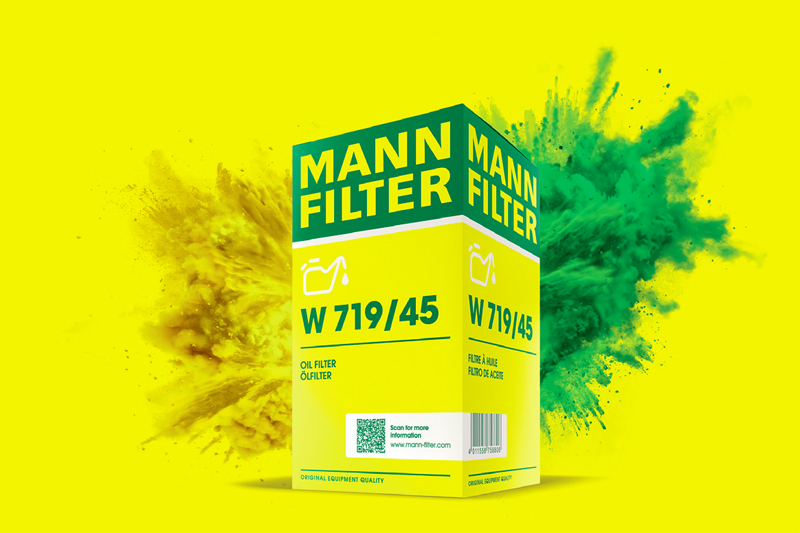Do OE-spec filters result in running cost savings?

MANN+HUMMEL Product and Marketing Manager – Aftermarket, Gary Winslow, looks into whether there are cost-saving benefits associated with using OE-spec filters when a vehicle is serviced.
Quality OE-spec filters, such as the MANN-FILTER range of air, oil and fuel filters, offer the optimum protection for the vehicle engine – and the vehicle’s occupants, in the case of the cabin filter – by removing harmful and/or premature wear, inducing particles and debris from the system. This is the primary purpose of the car’s filtration – but what about the running cost savings of the vehicle?
For example, consider the impact of under-servicing the vehicle, or using cheaper filters that have questionable dirt holding capacity or flow rate, whichever filter type they may be:
Whilst some cheaper, non-premium filters appear to save costs at the initial fitment, which is very visible to the garage and the end-user, these ‘hidden’ ongoing cost consequences are often not considered. Given the fluctuations and increases in fuel prices in recent times, and the other attributed costs of running and maintaining a vehicle – tyres, MOT, suspension etc – then attempting to save a few pounds at the point of servicing filters seems a moot point.
Air filters:
Poor air flow (flow resistance) or premature blocking caused by lower quality filter media will cause the engine to work harder, thus increasing fuel consumption. Also consider the effect on air-flow sensors, turbochargers and fuel/air mix causing a non-clean burn, contributing to more contaminant in the system – all potential problems and costs that can be avoided.
Oil filters:
Poor flow through incorrect filter media specification, especially with the range of modern synthetic oils, causes more duress on the engine and the fuel consumption to increase. This is exacerbated with cold-start and winter conditions with more viscous oil.
Cabin filters:
Either through an under-serviced or poor-quality cabin filter, poor air flow can cause misted windows, stale air and unpleasant odours in the cabin, raising concerns over driver and occupant safety and visibility. Air flows into a vehicle at a volume of up to 540,000L per hour through the ventilation ducts, hence poor air flow also causes lowered fuel economy and is a risk to the correct operation of the air conditioning system, in worst-case scenarios causing a system malfunction.
Fuel filters:
Insufficient fuel flow or premature blocking – particularly of the very fine fuel injection system on a modern engine – due to insufficient dirt-holding capacity can cause the vehicle to cut out or breakdown. This increases the risk of poor acceleration and fuel economy and increased running costs for the vehicle owner.








